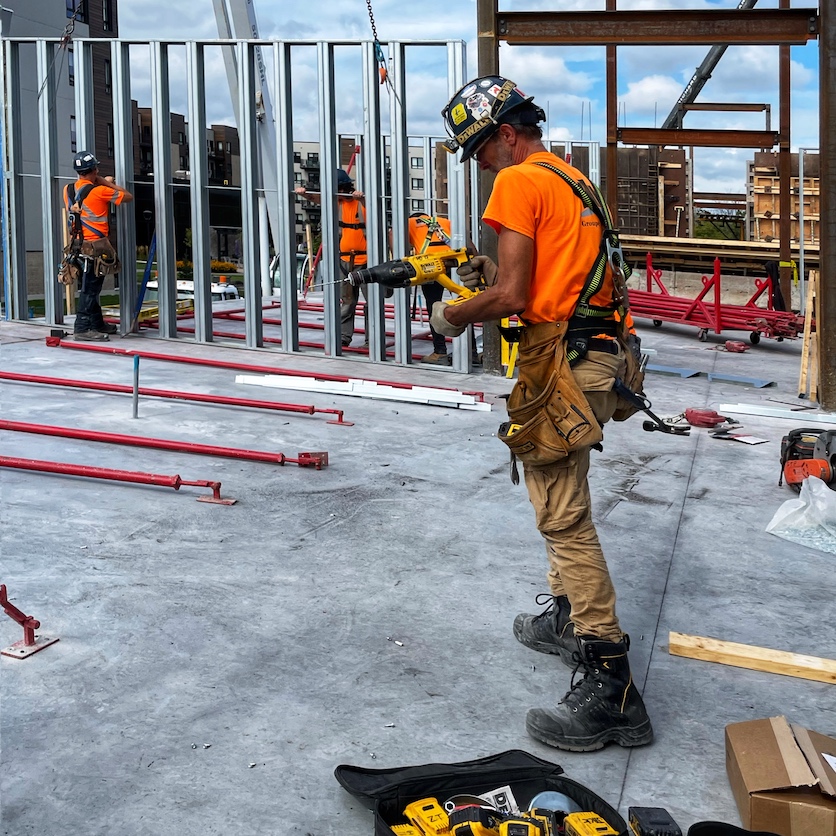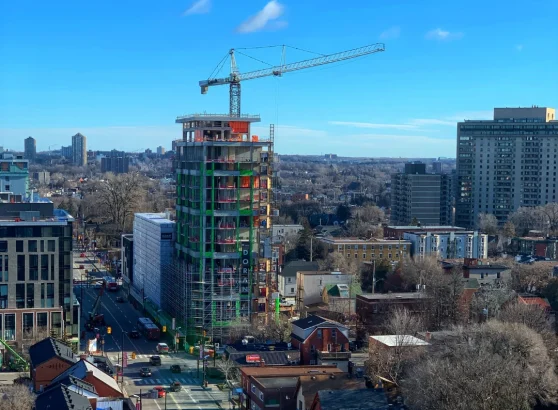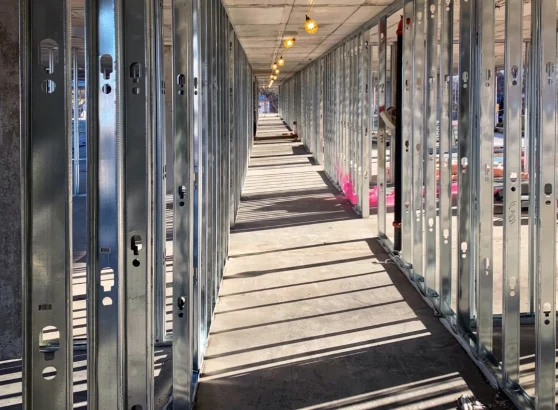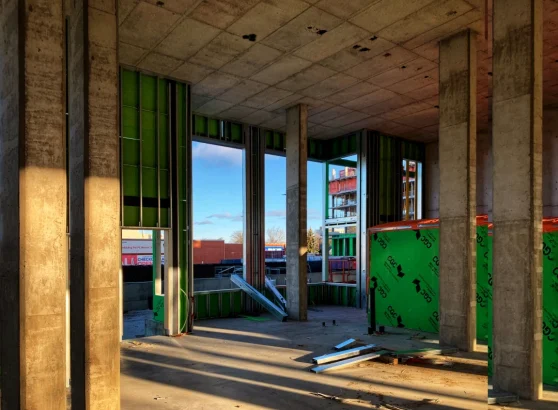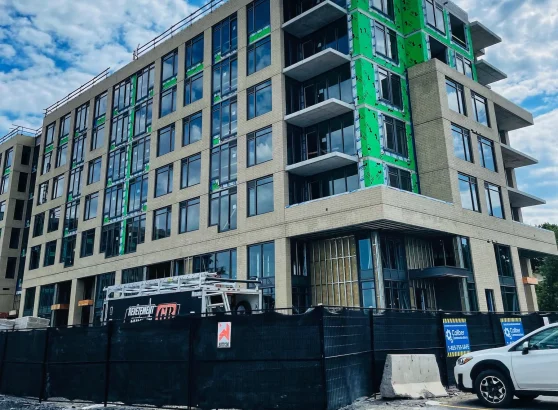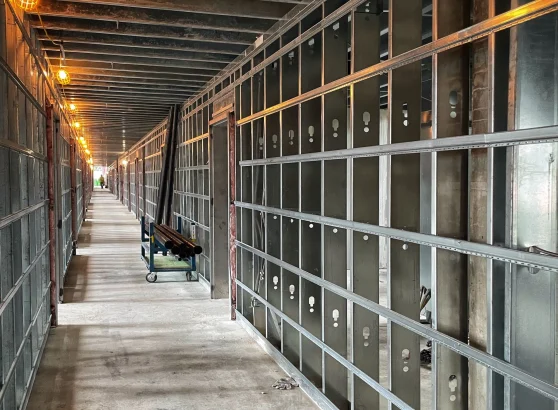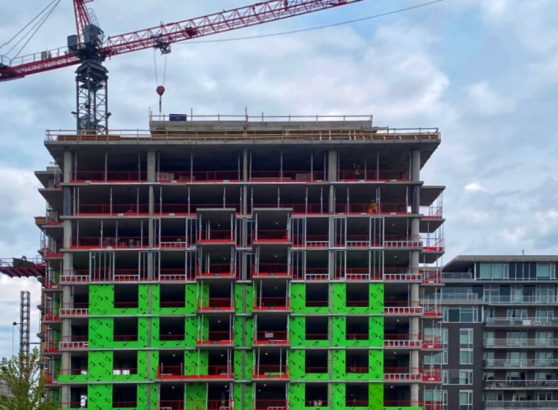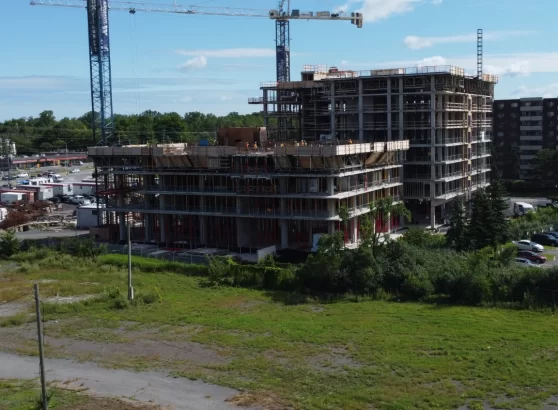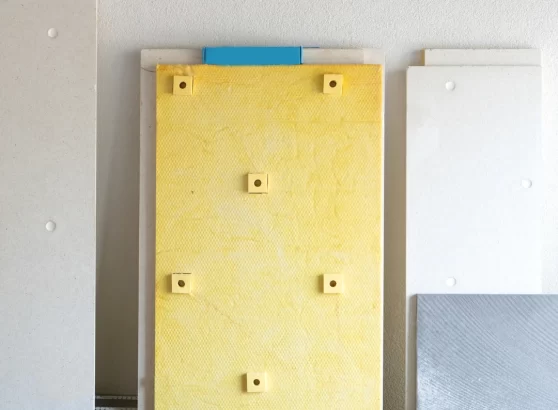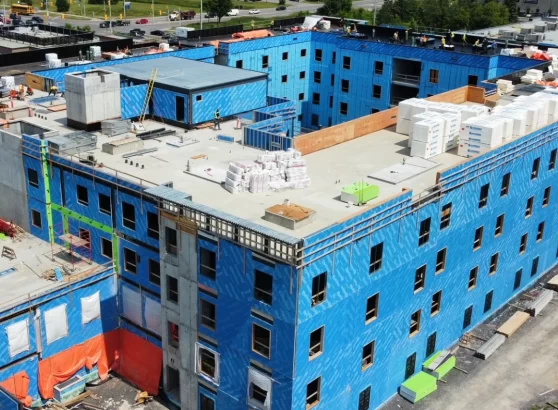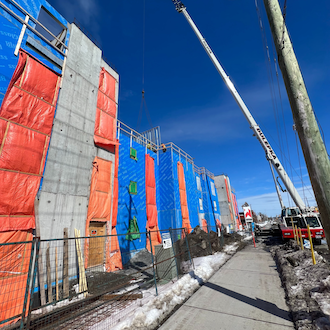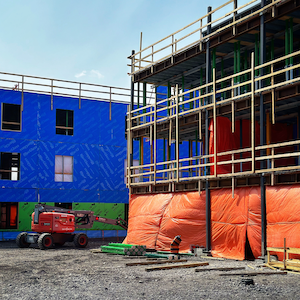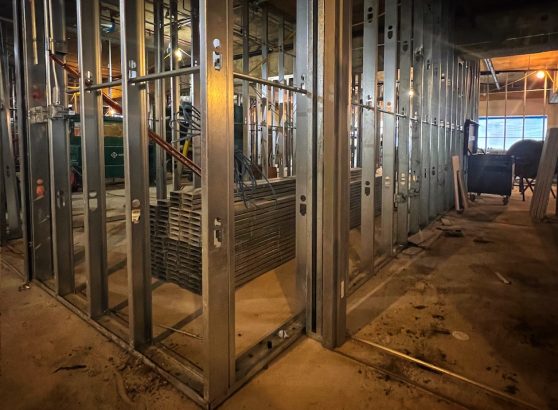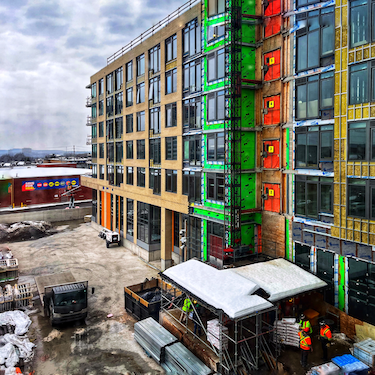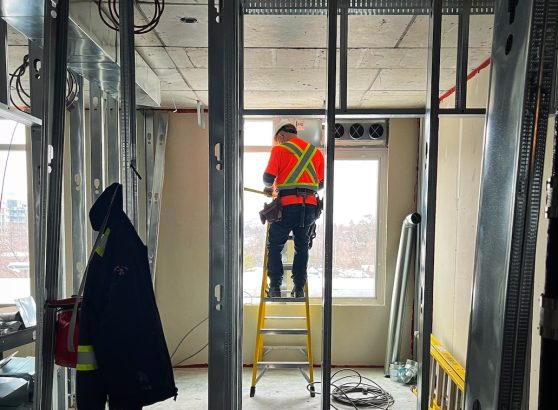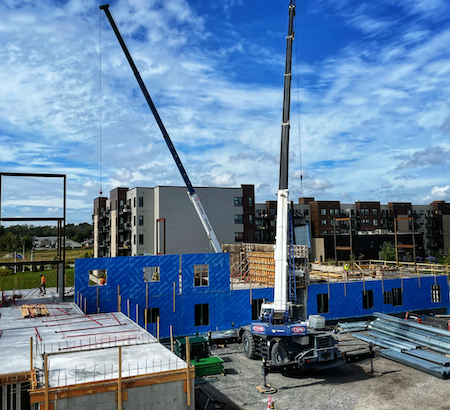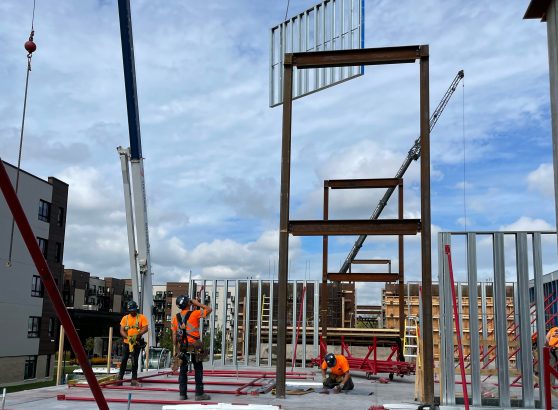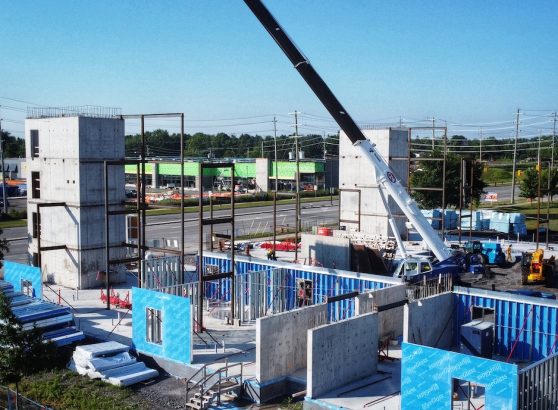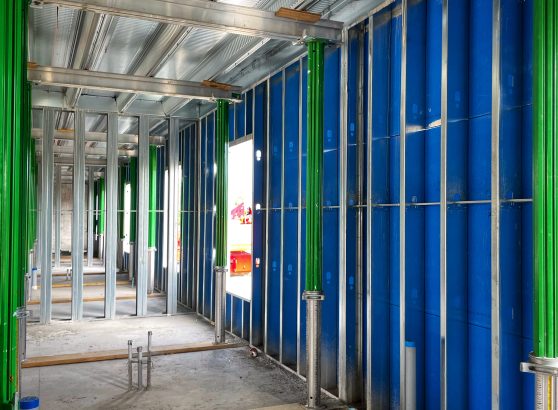The construction industry is constantly evolving, and advancements in technology and materials have led to new and innovative building methods. One of the most promising developments in modern construction is the use of prefabricated wall panels. These panels are manufactured off-site and then transported to the construction site for assembly. Prefabricated wall panels offer a number of benefits that make them an attractive option for builders and developers. In this article, we will explore why they are here to stay and what the future of construction may look like.
Efficiency and Speed
One of the main benefits of prefabricated wall panels is the efficiency and speed of construction. Since the panels are manufactured off-site, construction can take place simultaneously on both the manufacturing site and the construction site. This allows for a faster overall construction time and reduces the amount of time and resources needed for on-site construction. Additionally, the manufacturing process is highly optimized and can be completed in a fraction of the time it would take to build the same walls on site.
Quality Control
Prefabricated wall panels also offer improved quality control over traditional on-site construction methods. The panels are manufactured in a controlled environment, which reduces the risk of defects and inconsistencies in the construction process. Additionally, the use of computer-aided design (CAD) and manufacturing (CAM) software allows for greater precision in the production of wall panels. This results in a higher quality finished product that meets or exceeds industry standards.
Environmental Sustainability
Another benefit of prefabricated wall panels is their environmental sustainability. Since the panels are manufactured off-site, waste and energy consumption can be minimized. Additionally, the panels are made to exact specifications, which reduces the amount of waste generated during on-site construction. Finally, they can be designed to be more energy-efficient, which can reduce energy consumption over the life of the building. As the construction industry continues to move towards more sustainable building practices, prefabricated wall panels will likely become an even more attractive option.
Cost Savings
Prefabricated wall panels can provide significant cost savings for builders and developers. The efficiency and speed of construction can reduce labor costs, and the improved quality control can result in fewer mistakes and the need for rework, which can also reduce costs. Additionally, since they are manufactured off-site, they are not subject to the same weather-related delays that on-site construction can experience. This can further reduce construction costs and help keep projects on schedule and within budget.
Versatility
Prefabricated wall panels can be designed to suit a wide range of building types and styles. They can be made in a variety of materials such as wood, steel, or concrete, and can be customized to fit any building design. Additionally, the use of prefabricated wall panels can provide greater flexibility in the construction process, allowing for easier modifications and alterations if needed.
The Future of Construction
As the construction industry continues to evolve, prefabricated wall panels are likely to become even more popular. The benefits of speed, efficiency, improved quality control, environmental sustainability, and cost savings make them an attractive option for builders and developers. In addition to these benefits, advancements in technology and materials will likely make them even more versatile and adaptable to different building designs and construction methods.
One area where prefabricated wall panels are already seeing increased use is in multi-family housing construction. As demand for affordable housing continues to rise, they offer a faster and more cost-effective way to construct multi-family housing units . This can help to address the affordable housing crisis in many parts of the world and provide much-needed housing for people of all income levels.
Another area where prefabricated wall panels are gaining popularity is in the construction of commercial and industrial buildings. These buildings often require large, complex structural components that can be difficult to construct on site. Prefabricated wall panels can provide a faster, more efficient way to construct these components, reducing construction time and costs.
As the construction industry continues to move towards more sustainable building practices, prefabricated wall panels are also likely to become more popular. These panels can be designed to be more energy-efficient and environmentally friendly, helping to reduce the carbon footprint of new construction projects. Additionally, the use of recycled materials in the manufacturing process can further reduce the environmental impact of construction.
Conclusion
Prefabricated wall panels are a promising development in modern construction, offering a range of benefits including efficiency, improved quality control, environmental sustainability, cost savings, and versatility. As the construction industry continues to evolve, they are likely to become even more popular and adaptable to different building designs and construction methods. If you are a builder or developer, considering the use of prefabricated wall panels in your next construction project could provide a faster, more efficient, and more sustainable way to build. The future of construction is here, and it looks bright with prefabricated wall panels leading the way.
Contact RGZ Cambridge today for all your prefabricated wall panel needs: We are industry leaders in Commercial and Residential projects. Call us today: 613-695-5544 or reach us via this page.


